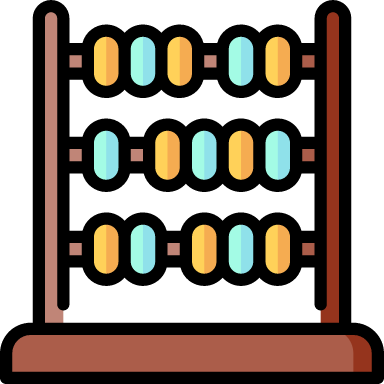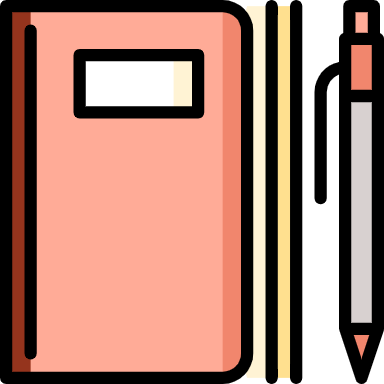Bearwood Primary and Nursery School aims to provide a curriculum that inspires and challenges all learners and prepares them for the future, encouraging children of all abilities to question, be curious and aspire to be the best that they can be! The school aims to provide opportunities that promote respect, tolerance, empathy and the celebration of the rich and diverse world in which we live in an inclusive way – we embrace the fact that every child is different, and a different approach may be required (please click here to see our Special Educational Needs and Disabilities information report).
Aim
- To implement a curriculum which focuses on the child as learner, and allows breadth and depth of learning, offering challenge and support, to enable staff to meet the needs of all learners through a creative, balanced and pupil-centred curriculum.
- To deliver excellence in learning and teaching, where all learners are actively engaged in their own learning.
- To ensure that children know more, remember more and can do more across the curriculum in order to leave Bearwood Primary and Nursery School with the necessary knowledge and skills that they need to progress further on their learning journey.
Curriculum Intent
At Bearwood Primary and Nursery School we are determined to provide the very best for every child and create a learning environment where they can achieve their personal best.
The curriculum at Bearwood Primary and Nursery School is designed to support every child to reach their full potential and enable them to have the skills and confidence to embrace the world in which we live. It is designed to be engaging, broad and progressive. It is a curriculum that evolves, based on the needs of our children and changes in the world around us. It takes into account the local context of the school, experiences and backgrounds of our children and provides them with relevant and memorable learning experiences to enable them to become independent learners, confident communicators, ambitious achievers and global citizens.
The curriculum is inclusive and aims for all pupils to deepen their learning. It focuses on knowledge and vocabulary development, as well as a range of experiences, which have been designed to increase children’s cultural capital, for example we include a wide range of trips to embed and bring learning to life. Your child will also have the chance to take part in a variety of additional curriculum experiences such as sporting and musical events in the local community and with other schools. It fulfils the requirements of the National Curriculum through carefully sequenced learning, with a clear progression of knowledge from Early Years to Year Six. Every subject has specific learning goals (sticky knowledge) which children are expected to remember, and this is closely monitored and tracked to ensure attainment is at the highest level for each child. It is designed based on a spiral curriculum, allowing children to return to and build upon previous learning, applying substantive and disciplinary knowledge to new challenges.
Core Learning Values
- Self-questioning: ask questions and identify problems which need to be solved.
- Self-confident: persevere; manage risks in order to master new skills, knowledge and concepts. Resist peer pressure by making independent informed decisions.
- Self-reflective: identify misconceptions; assess progress; recognise misconceptions; evaluate experiences; identify next steps.
- Empathetic: recognise emotions and motivations of self and others.
- Participate in discussion, dialogue and debate – active listening together with explaining, describing and questioning, valuing their own and others’ contributions.
- Present ideas accurately through written and spoken forms.
- Understand issues affecting themselves, the global community and the environment.
- Respect themselves, the global community and the environment.
- Proactive: seek to improve themselves, their community and the environment, making choices informed by the framework of human rights.
We are a Little Wandle School!
The resources on this page will help you support your child with saying their sounds and writing their letters. There are also some useful videos so you can see how they are taught at school and feel confident about supporting their reading at home.














